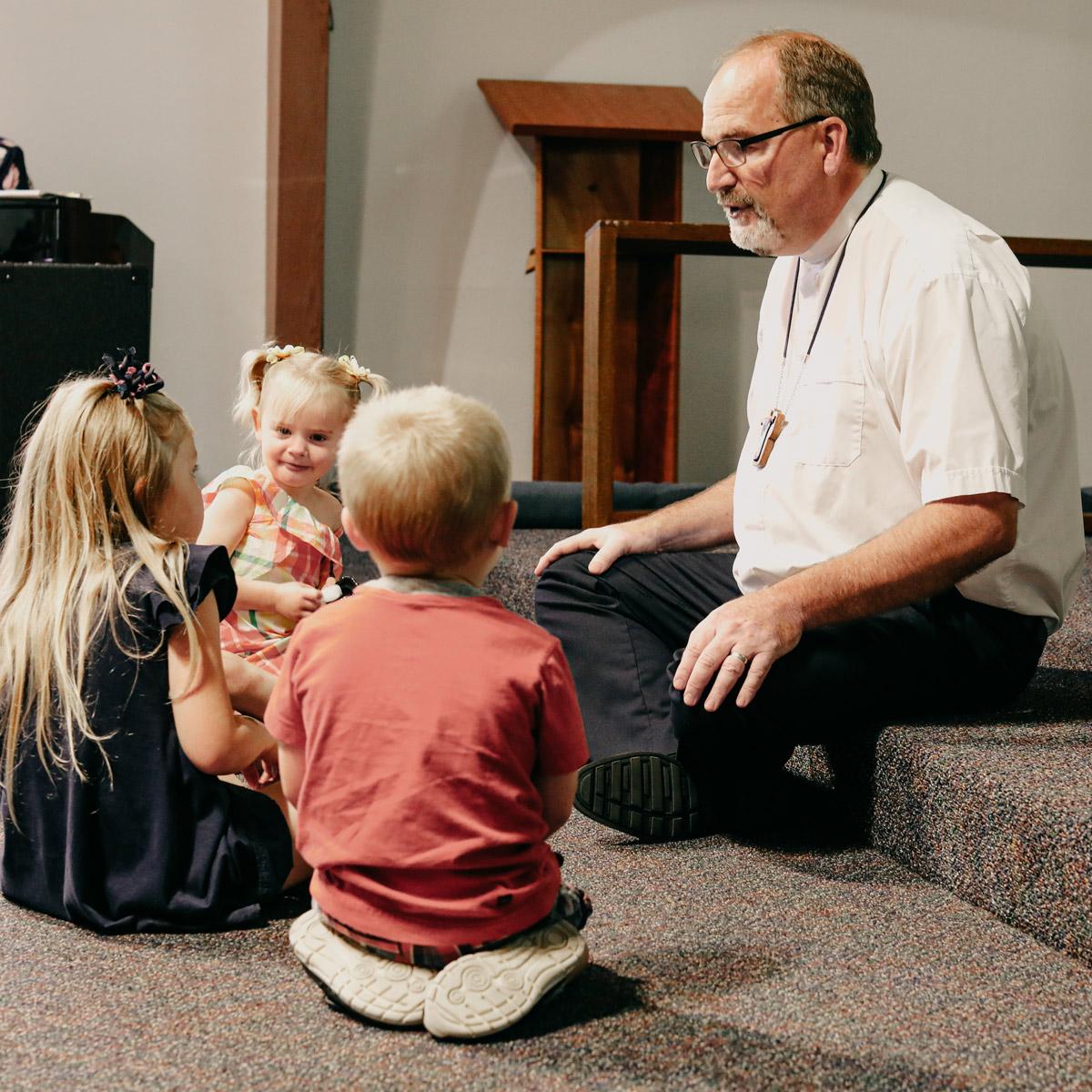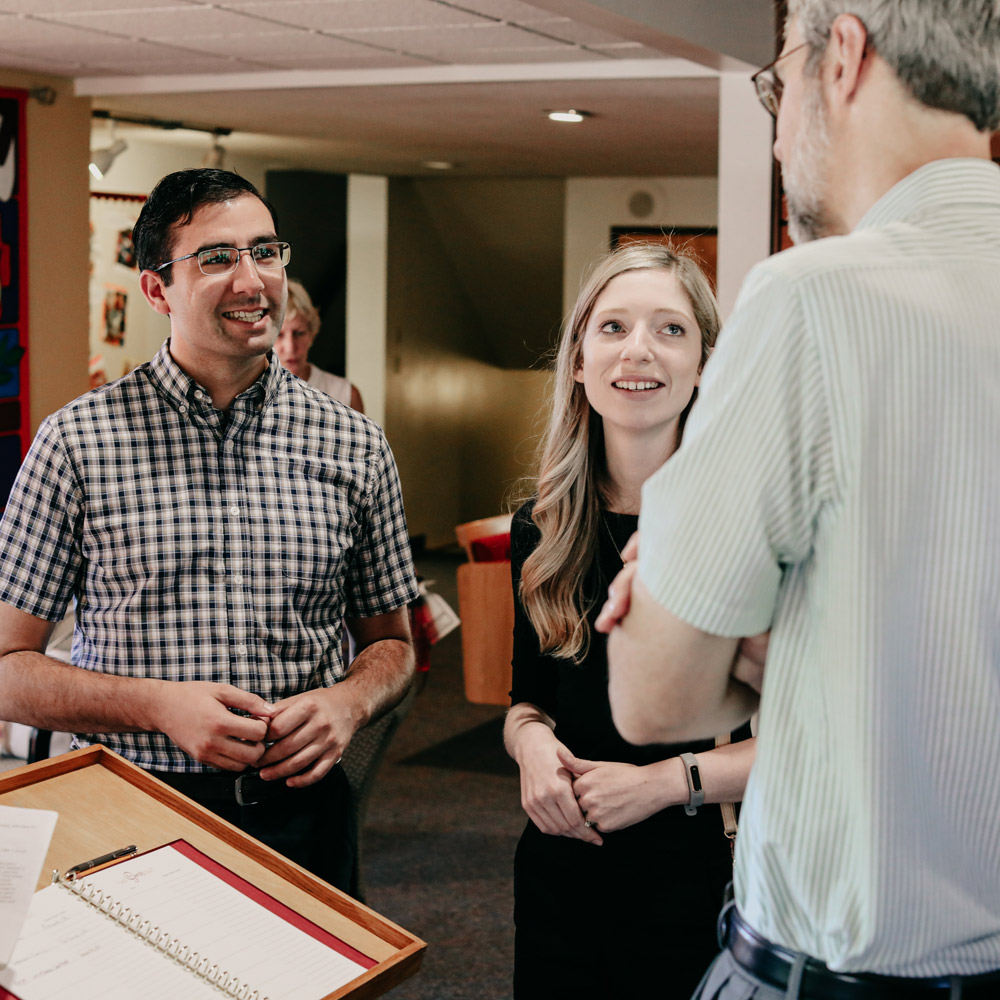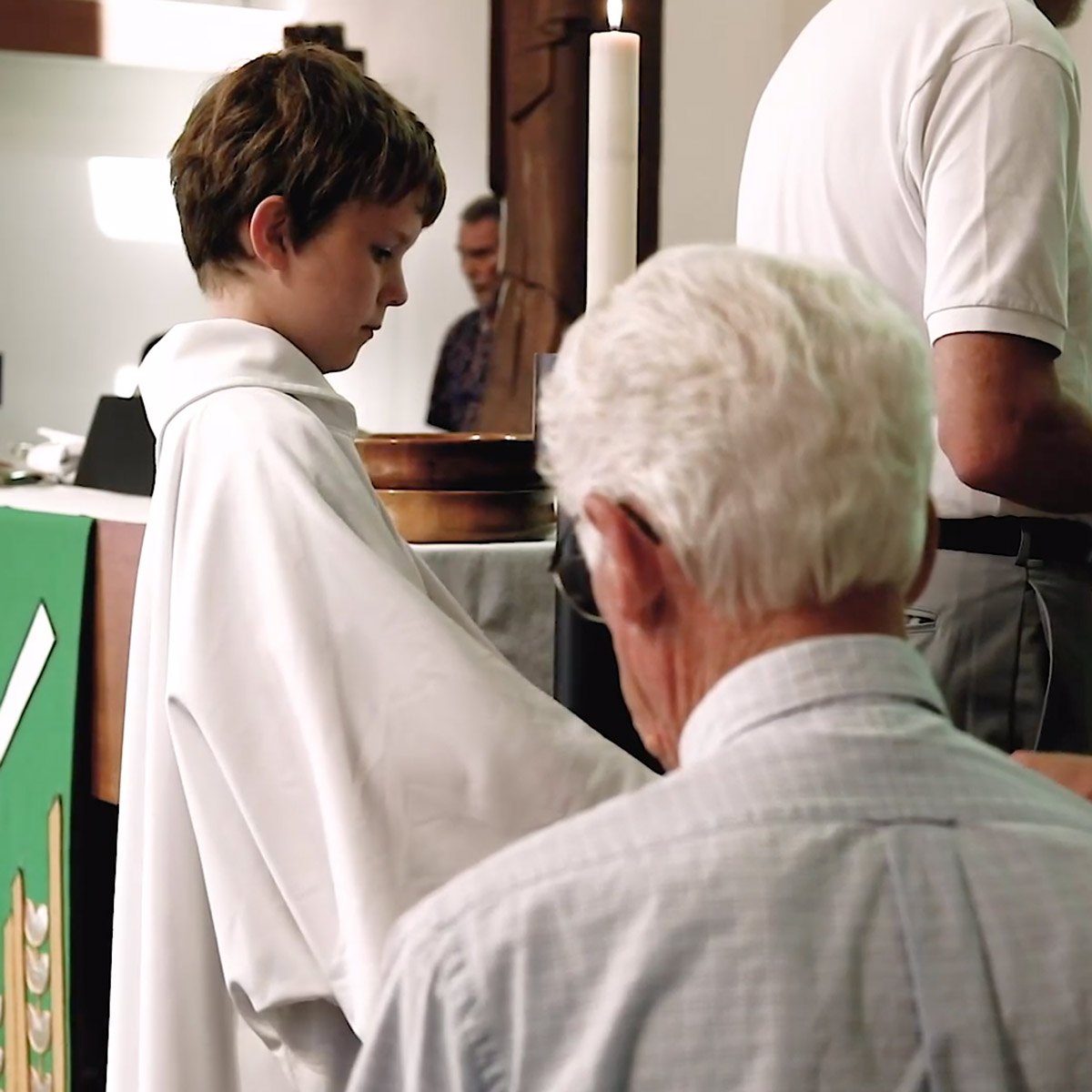
June 11, 2021 | Tradition

J.I. Packer wrote, “All Christians are at once beneficiaries and victims of tradition—beneficiaries, who receive nurturing truth and wisdom from God’s faithfulness in past generations; victims, who now take for granted things that need to be questioned, thus treating as divine absolute patterns of belief and behavior that should be seen as human, provisional, and relative. We are all beneficiaries of good, wise, and sound tradition and victims of poor, unwise, and unsound traditions.”
The church on earth is full of traditions, some good, some not so good. This is no different then it has ever been. On the one hand we read in 2 Thessalonians 2:15, “So then, brothers, stand firm and hold to the traditions that you were taught by us, either by our spoken word or by our letter.” And on the other hand, we read in Matthew 15:1-3, “Then Pharisees and scribes came to Jesus from Jerusalem and said, ‘Why do your disciples break the traditions of the elders? For they do not wash their hands when they eat.’ (Jesus) answered them, ‘And why do you break the commandment of God for the sake of your tradition?’”
Tradition is important. It serves as a constant reminder of our relationship with God. In our church we say the Lord’s prayer every week as a reminder of who we are and whose we are. During religious holidays, the faithful have traditions both within their places of worship and within their homes that they do every year and it helps them to place importance on things that are well worth remembering.
But, other traditions have served to do little more than put shackles on the one’s they are supposed to serve. In order to have God see people as more holy or more qualified for salvation, leaders of the church have created traditions of their own making in an attempt to keep the masses “focused.” Often, this only leads to resentment, accomplishing just the opposite.
Traditions can be found in many parts of the life of the church, but when is it that traditions lose their effectiveness and how can we tell that they are man-made rather than Godly? Let’s answer the last question first.
For an answer to this we go to Colossians 2:8. Here we get wise advise from Paul about what traditions are worthy to adopt and which aren’t. It says, “See to it that no one takes you captive by philosophy and empty deceit, according to human tradition, according to the elemental spirits of the world, and not according to Christ.”
Tradition that is worthy to adopt has to be based according to what Christ has done and not simple human understanding. If God’s Word doesn’t support it and if Christ did not modal it, it is of little use but to make someone feel glorified in its doing.
The tradition of saying the Lord’s prayer is based on Christ’s instruction. Confession and absolution are based on Christ’s example and Scripture readings are based on Christ’s emphasis on them, to name but a few.
Much of the reason Christ came when He did was because His people had gotten lost in laws made by men, many of which came from traditions made by men. Eventually, the law overburdened the Jews and gave them little hope. Christ came to bring them hope once again and some of that came by way of attacking their man-made traditions.
Paul said to the Corinthians, “Be imitators of me, as I am of Christ. Now I commend you because you remember me in everything and maintain the traditions even as I delivered them to you” (1 Corinthians 11:1-2). Traditions are vital to the church and endorsed in full, unless those traditions stray from God’s Word and are overruled by the desires of men.
So, “I charge you in the presence of God and of Christ Jesus, who is to judge the living and the dead, and by his appearing and his kingdom: preach the word; be ready in season and out of season; reprove, rebuke, and exhort, with complete patience and teaching. For the time is coming when people will not endure sound teaching, but having itching ears they will accumulate for themselves teachers to suit their own passions, and will turn away from listening to the truth and wander off into myths” (2 Timothy 4:2-4). Maintain the traditions that were modeled in Christ. Establish a steady practice of the guidance you gain from the Word and avoid anything that comes from other man-made sources that only serve to divide. Please pray with me:
Heavenly Father, help us to be steadfast in the traditions of our forefathers taught through the example of Your Son. Help us to remain true to our faith, remembering all of those before us who maintained a right relationship with You Amen.















